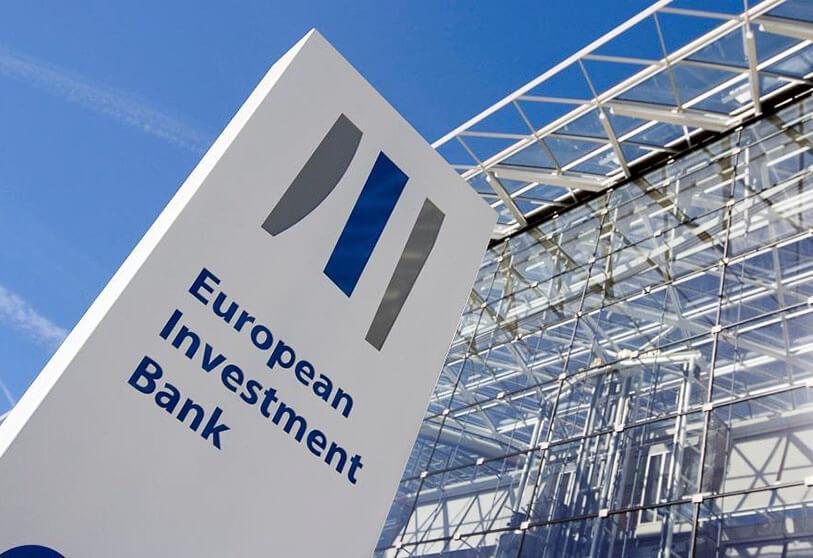The French MP maintains that the actual budget of euro 300,000 is too high
“The compromise reached during the Committee meeting is awful; we will change it during the plenary session”
 The deadline to present the last amendments expires at noon today. But regarding the CAP (Common Agricultural Policy) discussion panel’s first topic of the EU multi-year budget, the first to speak continues to liven things up. Yesterday the Euro MP, Verde José Bové, the French alter-globalization farmer, was arguing with his Parliamentary colleagues. “The agreement reached in Agri was a compromise closer to the Council’s standing on the original Committee proposal, which is not exactly a progressive entity” Bové criticized Agri, the European Parliamentary Committee for Agriculture and Rural Development for which he is the Vice President.
The deadline to present the last amendments expires at noon today. But regarding the CAP (Common Agricultural Policy) discussion panel’s first topic of the EU multi-year budget, the first to speak continues to liven things up. Yesterday the Euro MP, Verde José Bové, the French alter-globalization farmer, was arguing with his Parliamentary colleagues. “The agreement reached in Agri was a compromise closer to the Council’s standing on the original Committee proposal, which is not exactly a progressive entity” Bové criticized Agri, the European Parliamentary Committee for Agriculture and Rural Development for which he is the Vice President.
The deputies had reached an agreement on January 24th but the final courtroom vote is scheduled for next week and there will only be a few changes to the text. “We will reintroduce transparency on who receives contributions and how much, eliminate the possibility of receiving funds from two cornerstones, and improve greening,” Bové assured; according to him the support to diverse and fundamental amendments will be diagonal across the three groups: the Greens, the Socialists and the Liberalists. But the most important point, that according to the French farmer must be modified to make the agricultural policy fairer, is the ceiling for subsidies. According to the proposal this should be fixed at 300,000 Euro max for each farmer. “But this action would take care of only .12% of the farms” the French MP explained numbers at hand “and would allow only a savings of 1.45 billion.” In his opinion however, the ceiling should be lowered to 100,000 Euro per farmer, “anyway this way it would affect only 3.5% of the farmers but would allow savings of 4.8 billion Euro which could be used to help the small and medium sized farms.” According to data provided by Bové in Italy only .9% of farmers receive subsidies above 300,000 Euro right now and in France .2% and the actual ceiling would therefore bring savings to redistribute to the smaller agricultural businesses alone, respectively, 247.5 billion and 90.4 billion Euro (with a ceiling of 100,000 Euro on the other hand the savings to redistribute would be 548 and 739 billion). We have to wait and see if his proposal will gain support from the Court in Strasbourg, a difficult task, given that the Agri Committee didn’t pass it. It will be even more difficult to reach a consecutive consensus from the European Council.
José Manuel Barroso, President of the Committe, also spoke yesterday about CAP; he intervened in the Forum on the future of Agriculture in Brussels explaining: “Without CAP we would have had 27 different agricultural policies. Some friends of the internal market sometimes tend to forget what the consequences would be if there were a fragmentation of the agricultural market in Europe. Working together in a common market we are capable of obtaining more weight.” Barroso highlighted in his discussion that in Europe “we have one of the most competitive agricultural sectors in the world,” but internally it is quite separated and for this “the success of CAP is tied to the demonstrated capacity to adapt.” The challenge of the new agricultural policy is that of being able to respect the planet even more, as we are taking advantage of its resources in a way that is no longer sustainable. For this, Barroso added, “there is the need to satisfy the growing demand for food and at the same time the need to protect the environment and adapt to climate change.”
Alfonso Bianchi





![Il commissario per l'Economia, Paolo Gentiloni [Bruxelles, 4 novembre 2024. Foto: Emanuele Bonini]](https://www.eunews.it/wp-content/uploads/2024/11/gentiloni-241104-350x250.png)




